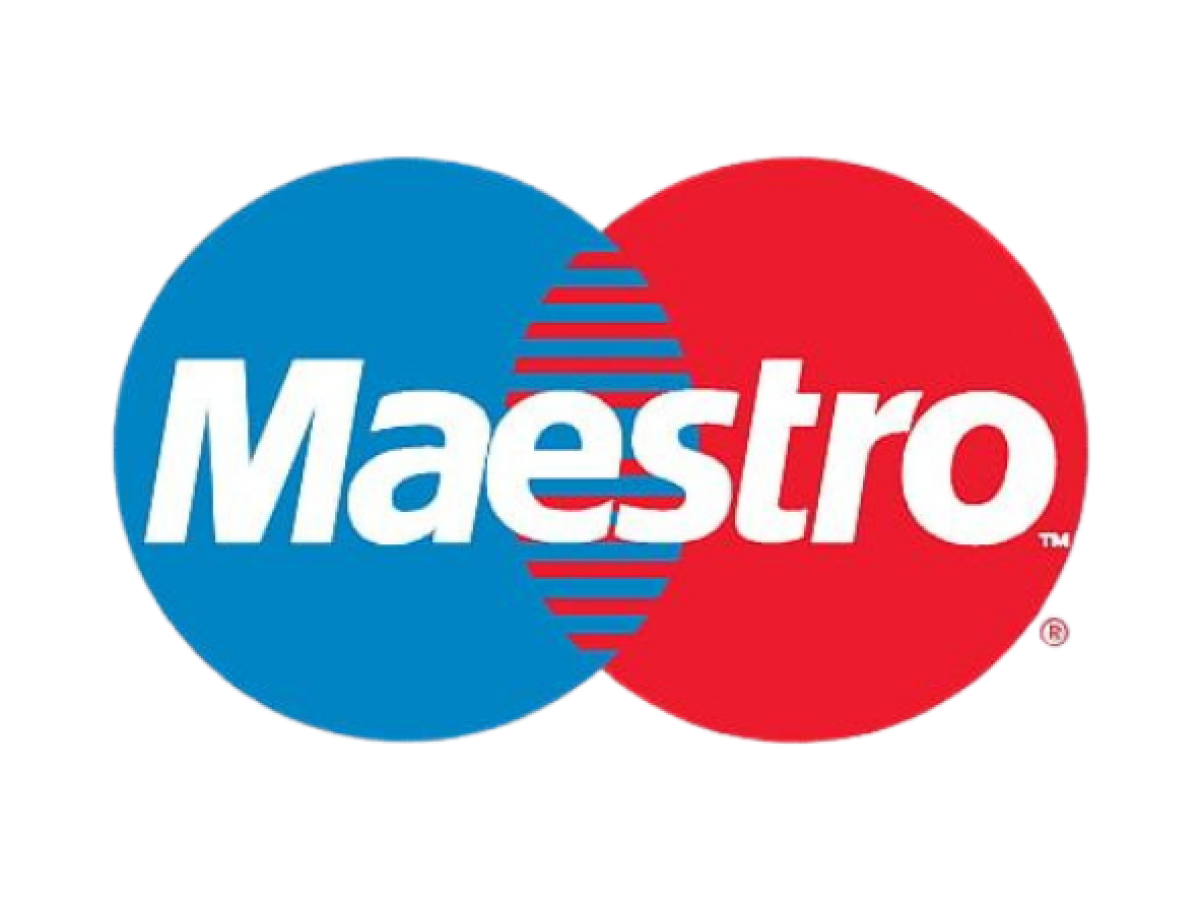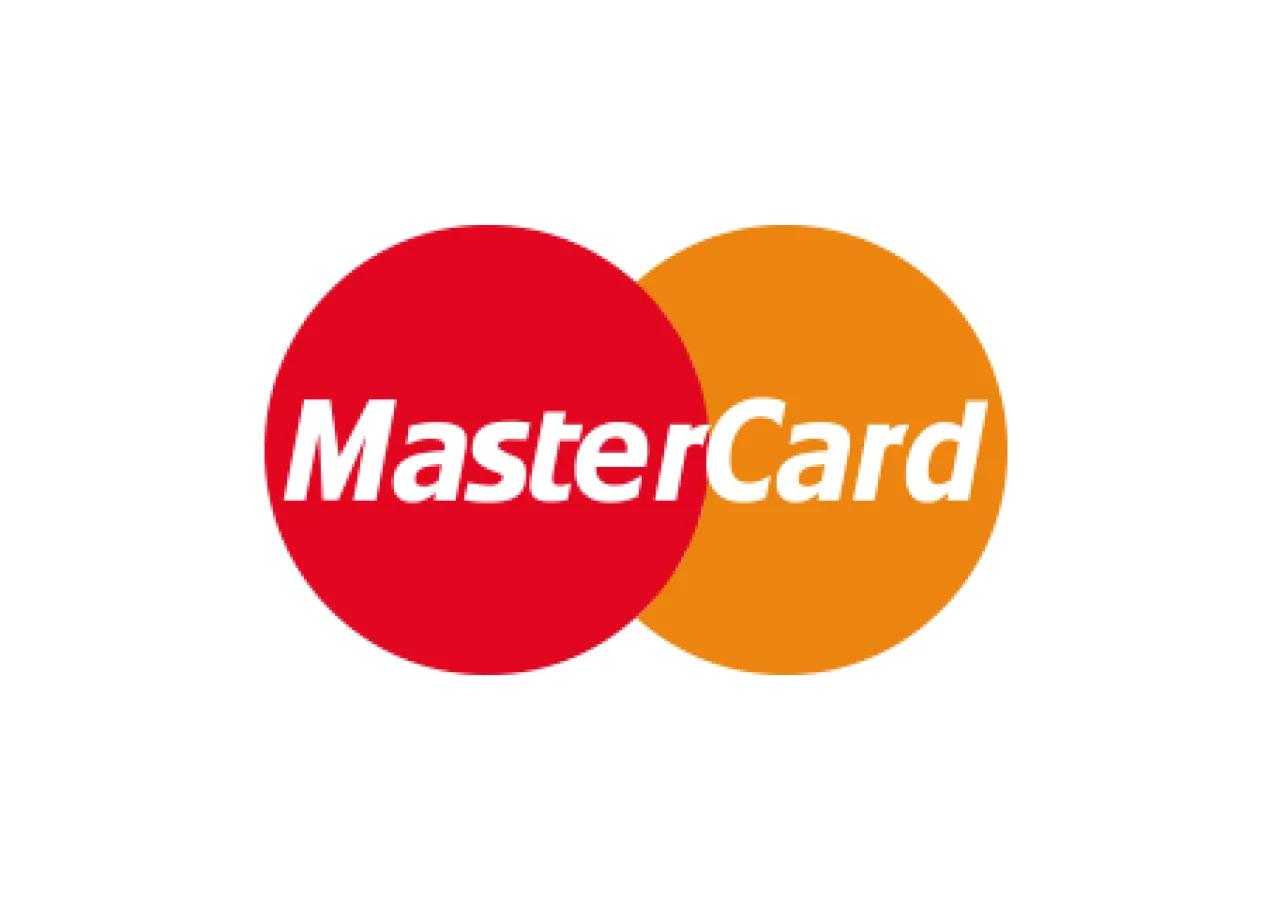7 Reasons Why Leaders Need to Show Greater Interest in Continuous Feedback Sharing
- Updated on: August 8, 2024
Performance management is one of the key concerns for business leaders. They understand that a slight decline in the performance of even one employee can cost the company. Hence, various strategies are evolved and applied to manage and motivate performances. One such management tactic offering high returns is that of continuous feedback mechanisms. Feedback sharing has always been essential in the workplace and will continue to remain so. However, if feedback loops are not continuous, the entire idea of feedback can become redundant.
If you want your business to benefit from feedback sharing to the fullest, you may want to overhaul and streamline the process. Feedback is not something that should be limited to annual or biannual performance reviews. For employees to learn continuously and to embrace challenges, regular feedback is a basic prerequisite. Continual and interactive feedback can render multifaceted benefits to a business. In fact, it can be the kind of competitive advantage that you have always wanted your business to have.
This blog sheds light on the various verticals of advantages that continuous feedback mechanisms can add to your business management. On the other side of this post, you will be convinced that this can be a worthwhile business strategy. It will ensure that engagement, motivation, and cordiality among your employees flourish as perennial virtues. So, without further ado, let us find out how.
Benefits of continuous feedback sharing in the workplace
1. Higher employee engagement
As a business leader, driving high employee engagement is among your top priorities. Given the fact that high engagement can enhance profitability, every employer would vouch for it. To substantiate, as per Gallup, engaged teams can amplify profits by up to 21 percent. Knowing that already, you look to devise multifaceted strategies for upscaling engagement. Well, a continuous feedback sharing mechanism could be a beneficial integration. It can promote greater motivation and engagement in your employees. In fact, in the era of freelancing jobs and remote working styles, continuous feedback will be needed more than ever before. It will become an indispensable dimension in the pursuit of engaging remote teams.
To explain, employees engage actively when their expectations are met. Among their anticipations, learning and development opportunities take the top bracket. They look up to their managers and leaders to guide them so that they can evolve their capabilities. Incessant feedback will ensure that the organization delivers on these expectations. In fact, feedback and employee engagement have a direct correlation. As per Hubspot, 98 percent of workers fail to stay engaged in the absence of feedback from their supervisors. Hence, frequent feedbacks will ascertain continuous active engagement in employees, adding to the company’s success.
2. Facilitation of continuous learning
Continual feedback sharing is most synonymous with continuous learning. It will give your employees the modest opportunity to learn and identify the potential areas of improvement with every feedback discussion. Every diligent employee looks forward to learning prospects. As cited by Lorman, around 90 percent of millennial workers feel that learning and development in the workplace are essential. For them, frequent feedback sharing will be a great source of learning.
They will get ample chances to learn from your expertise and experience. In addition, they will gain from the feedback shared by other superiors as well. They will be able to recognize their shortcomings constructively. Moreover, feedbacks in a continuous way will also extend recognition of their good work and completion of learning objectives when due. Furthermore, consistent feedback sharing will also teach them how to be receptive to feedback and how to use it to their advantage.
3. Optimized workplace relationships
Continual feedback sharing will establish mentor-mentee relationships in the organization. Employees will view their superiors as generous mentors adding value to their career pursuits. We all know how important workplace relationships are to the cause of engagement and success. When co-workers respect each other and are comfortable around each other, it inspires positive energy in all dimensions of the workplace. The conversations during feedback sharing can play a massive role in fostering cordial relationships.
Given the present trends of the corporate world and the projected future of work, it is essential to lay a larger emphasis on connections. In remote teams or hybrid cultures, relationships between colleagues will take a backseat. This is because, in the absence of physical proximity of their colleagues, some workers will be affected by the lack of emotional support. In such scenarios, employers will have to like QR Code based feedback sharing to promote amicable relationships in the culture. Why not leverage continuous feedback sharing mechanisms for the same? It will ensure that employees view their leaders as connected to them and sensitive to their needs.
4. Enhanced sense of belonging in employees
When you dedicate more time to feedback sharing, it will inspire a sense of belonging in your employees. They will feel valued and will develop the belief that you are willing to go the extra mile to support them and bring out the best in them. This sense of belonging will motivate them to go beyond their job descriptions for the good of the company. For their engagement and motivation, this sense of belonging is crucial.
To substantiate, findings from Deloitte lay down a link between a sense of belonging and performance. It has been found that the feeling of belonging can enhance job performance by 56 percent. Besides, it can bring down employee turnover by 50 percent and also reduce absenteeism. As you can see, creating a sense of belonging with continuous feedback can have multifaceted benefits for your business.
5. Better assurance of work quality
Performance, diligence, and quality are the basic expectations that employers have. In fact, to ensure the highest levels of quality and efficiency in employees, companies allocate large budgets to training. Companies are keen to facilitate the development of their employees for better outputs in terms of work quality. For this purpose, continuous feedback can bring immense value. Because it will support continuous learning, employees will be able to improve their performances consistently.
Having said that, feedback loops can be more effective than training modules. In other words, when employees gain practical knowledge through feedback, training costs can be reduced. While training modules will focus more on theoretical aspects, feedback will provide hands-on knowledge. In this way, the overall efficiency of an organization can scale new heights. The standards of work quality will reach new benchmarks driving higher profits and revenue.
6. Effective collaboration
Collaboration is sacrosanct the success and advancement of your business. How you collaborate with your employees and how they work as a team is crucial. Every employer recognizes the imperativeness of collaboration. Hence, from team building activities to high-tech collaborative tools, they invest exorbitant amounts of money in enhancing collaboration. Incessant feedbacks can rather prove to be an inexpensive strategy for better collaboration. It will create a conducive culture where co-workers will be supportive of each other and are in constant touch. This will lay a perfect foundation for the kind of collaboration you look forward to.
It is essential for you to know that ineffective collaboration can lead to massive failures. As per SalesForce, lack of collaboration is the prime reason for failures cited by 86 percent of workers and executives. Therefore, there will always be a need for fostering collaboration and teamwork in your organization. In this objective, a continuous feedback mechanism can prove to be a masterstroke!
7. Minimum need for micromanagement
Employees do not like to be micromanaged at all. They rather want that their managers and superiors should show trust in them and their abilities. When leaders begin to micromanage and monitor every little detail, it annoys and disengages the workers. However, when a continuous feedback loop comes into the picture, you will no longer need to micromanage. There will be guidance and reviews at regular intervals from the virtue of continuous feedback. Employees will be happy to receive feedback than to be micromanaged.
It is noteworthy that, as per feedback statistics, 65 percent of workers seek feedback more often. Having said that, they would appreciate a continuous feedback mechanism in the workplace. Rather than micromanaging them and expressing your apprehensions about your team, you can mentor them in a perennial way. It will prove to be a much better approach to performance management than micromanagement. It can, in fact, prove to be one of the vital strategies for managing your remote teams.
To conclude, continuous feedback mechanisms can be the key to performance management. More and more organizations are now integrating these mechanisms to upscale performances. As you can see above, there are multifarious merits of incorporating incessant feedback loops. From driving higher employee engagement to reducing training costs, the advantages are in abundance and vital. It can add new dimensions to individual performances as well as the overall efficiency of your business. Hence, without further delay, you should begin the R&D needed for its incorporation into your organization. It will be an imperative move that will show immediate results.
Do you want to build and maintain new habits? Get your free PDF version of the Don't Break The Chain calendar and start today!
Do you want to build and maintain new habits? Get your free PDF version of the Don't Break The Chain calendar and start today!
Author's Bio
Jessica Chapman is a writing editor from Chicago who enjoys traveling. She works with Australian Writings, and if you need programming assignment help, she is the best person you can ask. She is also into politics and sports.












